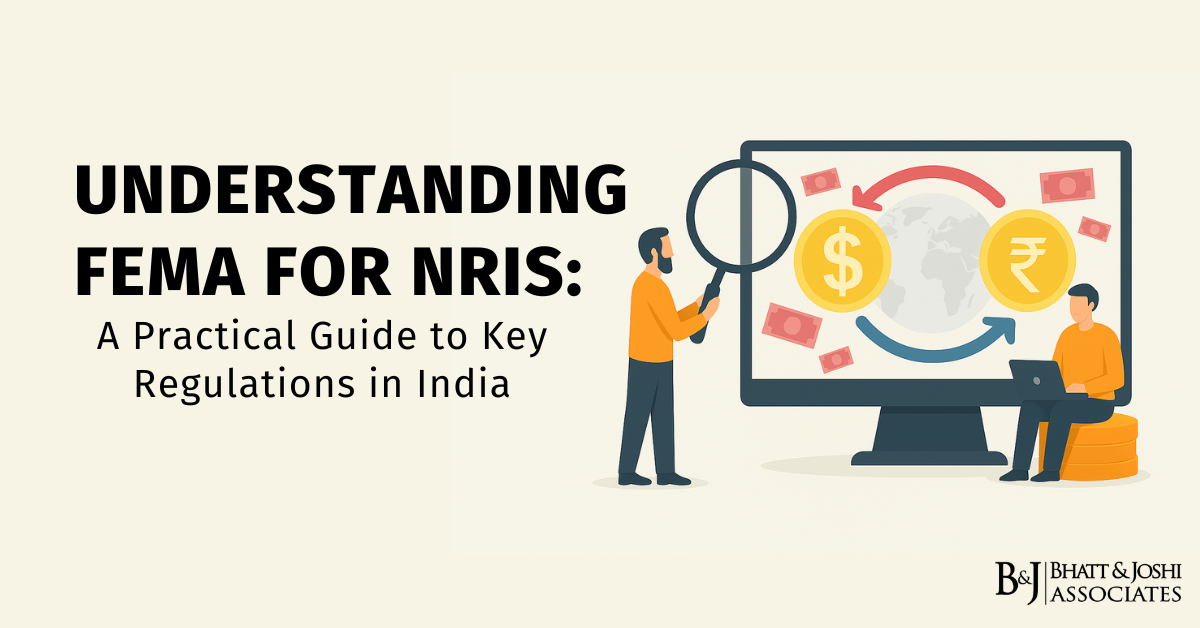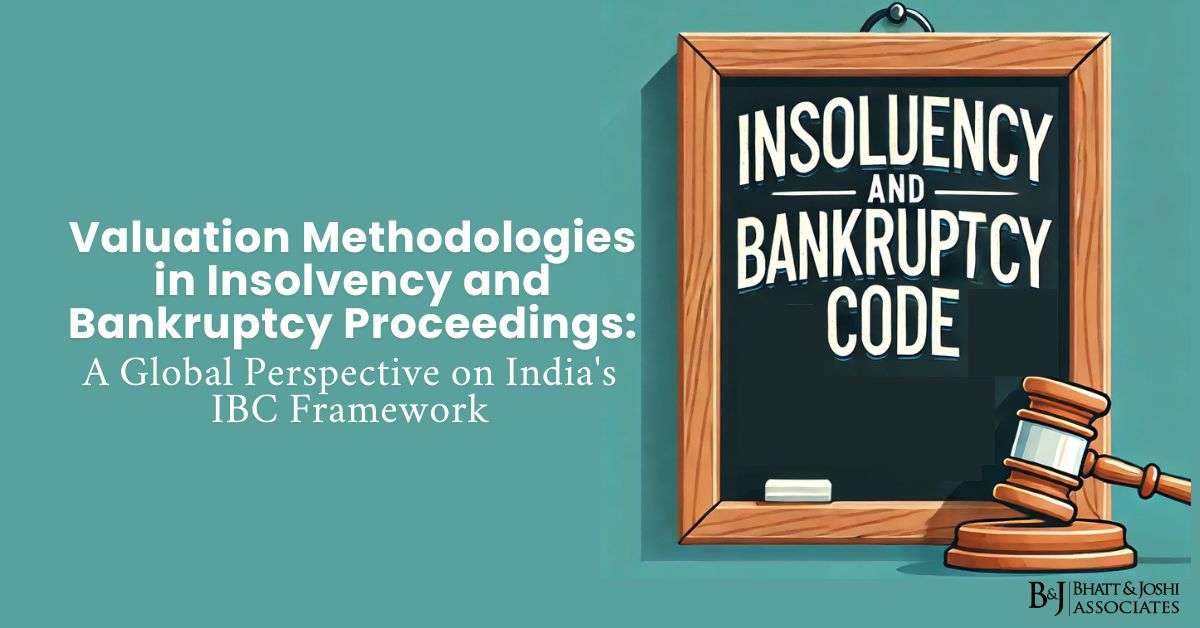Introduction
The Foreign Exchange Management Act, 1999 (FEMA), is the primary legislation governing foreign exchange transactions in India. It replaced the earlier Foreign Exchange Regulation Act (FERA) in 2000, adopting a more liberalised approach to foreign exchange management. Understanding FEMA is crucial for Non-Resident Indians (NRIs) as it governs how they can send and receive funds, hold bank accounts, and invest in India.
Who is an NRI under FEMA?
FEMA applies to persons residing in India for more than 182 days in the preceding financial year. It does not apply to Indian citizens residing outside India. Once an individual’s residential status changes to NRI (living outside India but still an Indian citizen), they must adhere to specific FEMA regulations.
Key FEMA Regulations for NRIs: A Practical Overview
Here are some of the most important FEMA regulations that NRIs need to be aware of:
- Permissible Bank Accounts: NRIs are not allowed to hold regular savings bank accounts in India. Instead, they need to set up specific accounts as stipulated by the Reserve Bank of India (RBI):
- Non-Resident Ordinary (NRO) Account: This is a rupee account that can be held jointly by two or more NRIs. Legitimate dues in India, proceeds of remittances from abroad, or foreign currency tendered during temporary visits can be credited to this account. Funds in an NRO account are generally non-repatriable to another country.
- Non-Resident (External) Rupee (NRE) Account: This is also a rupee account that allows for money transfers from outside India. Importantly, the entire amount in an NRE account is fully repatriable back to the country where the NRI currently resides. Income earned in this account is also exempt from taxation in India.
- Foreign Currency (Non-Resident) (FCNR) Account: This is a term deposit account where NRIs can deposit any permitted foreign currency. The deposit is available for one to five years. There are no tax implications on this type of account, and funds are completely repatriable on maturity.
- Investment Options: NRIs have unlimited investment options in India through repatriable and non-repatriable transactions. However, FEMA rules specify certain restrictions:
- NRIs cannot invest in Small Savings Schemes or the Public Provident Fund (PPF).
- Investments can be made in residential or commercial property. However, purchasing agricultural property, plantations, or farmhouse land is not permitted. NRIs can also receive immovable property as gifts from relatives or through inheritance.
- Acquisition and Transfer of Immovable Property:
- As mentioned above, NRIs (who are Indian citizens) and Persons of Indian Origin (PIOs) residing abroad can acquire any immovable property in India other than agricultural property, plantation, or a farmhouse. This was a change from the Foreign Exchange Regulation Act, 1973 (FERA), which had different restrictions.
- Regulations under FEMA were made applicable from 1st June 2000 and would not apply to transactions prior to that date.
- Repatriation of Funds and Earnings from Assets:
- NRIs are permitted to remit foreign currency back to India on foreign repatriable assets, such as rent earned from an immovable property owned overseas.
- However, the sale proceeds of assets held in India are generally non-repatriable outside India without RBI approval.
- Repatriation of up to USD 1 million per financial year is allowed if the property was inherited or if the NRI has retired from employment in India.
- Provisions for Students Going Abroad: Indian students going overseas for studies are treated as NRIs and are eligible for all facilities available to NRIs under FEMA. They can receive remittances up to USD 10 lakh per year from their NRE or NRO accounts or profits on property.
- Dealing in Foreign Exchange: All foreign exchange or foreign security dealings by NRIs must be done through an “Authorised Person” (like banks authorised by the RBI) if permitted by FEMA. The RBI authorises such persons to deal in foreign exchange.
Key Legal Framework and the Role of RBI
- Section 3 of FEMA prohibits dealing in foreign exchange except as provided under the Act, rules, or regulations made thereunder, or with the general or special permission of the RBI.
- The Reserve Bank of India (RBI) plays a crucial role in regulating and managing foreign exchange transactions in India under FEMA. The RBI is responsible for issuing licenses to banking institutions to act as Authorised Dealers in the foreign exchange market.
Conclusion: Navigating FEMA Regulations for NRIs
Understanding the key provisions of FEMA is essential for NRIs to manage their financial affairs in India effectively and in compliance with the law. By being aware of the regulations regarding bank accounts, investments, property, and repatriation, NRIs can navigate the Indian financial landscape with greater clarity and confidence. For specific transactions or if there is any doubt, it is always advisable to consult with an authorised dealer or a legal expert.
Article by : Aditya Bhatt
Association: Bhatt and Joshi












